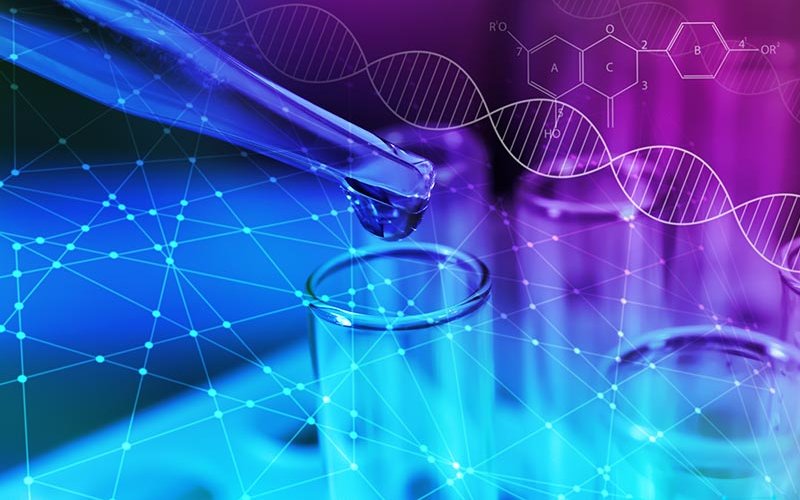
Cal State Fullerton’s Center for Applied Biotechnology Studies (CABS) is hosting the 4th Annual Biotechnology Symposium CABSCon4 on Friday, Nov. 8, at Titan Hall.
CABSCon4 is aimed at creating an informal atmosphere to explore and discuss the latest advances in different disciplines within the framework of biotechnology. Going beyond the traditional boundaries of biotech research, the meeting welcomes people interested in applied mathematics, engineering and physics, as well as chemistry, biochemistry and biology, said Marcelo Tolmasky, professor of biological science and director of the Center for Applied Biotechnology Studies.
The objectives are to facilitate networking with invited speakers from successful biotech companies, become familiar with student research projects and encourage dialogue between students and researchers from academia and industry.
The 9 a.m.- 5 p.m. meeting is free and open to the public, but registration is required. Invited speakers from academia and industry include CSUF’s Veronica Jimenez, associate professor of biological science, and Simon Baker from Illumina, Inc. Other speakers are from UC Irvine, Washington University in St. Louis, Missouri, and VaxNewMo Inc.
CSUF student researchers are presenting their projects from noon to 2 p.m. and will be competing for awards.
Jimenez will discuss a drug target to combat protozoan parasites that cause human infections. She and her students study the parasite Trypanosoma cruzi that causes an infection known as Chagas disease. The disease is spread by insects called triatomine bugs or “kissing bugs.”
“Parasitic infections affect millions of individuals yearly and impose a significant financial and public health burden, especially in developing countries. Limited drug treatments and lack of vaccines urge us to understand basic aspects of the parasite’s biology,” Jimenez said.
Her work is focused on understanding how the parasites are able to detect cells to infect by a process called mechanosensation.
“This is the same process that allows us, as well as parasites, to ‘feel’ our surroundings. In humans, mechanosensation makes possible the sense of touch, hearing and balance,” Jimenez added. “Infective parasites use the same senses to find a suitable host to invade. We want to understand how they do it, in hopes that we can leverage that information to develop new therapies.”